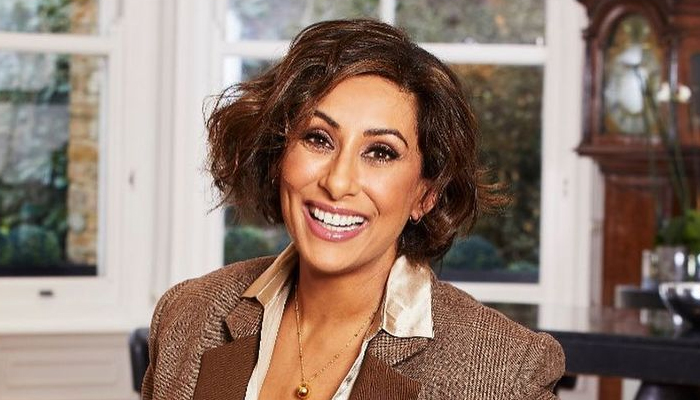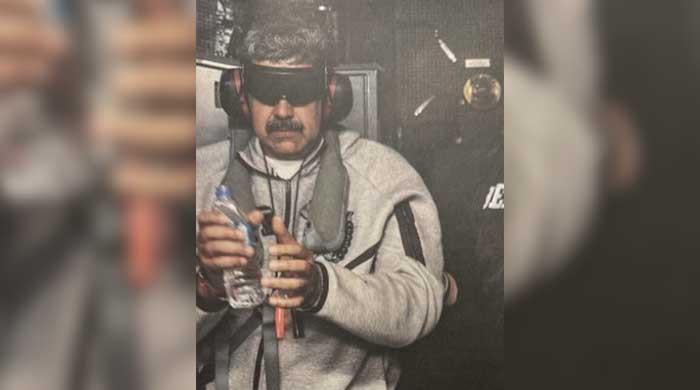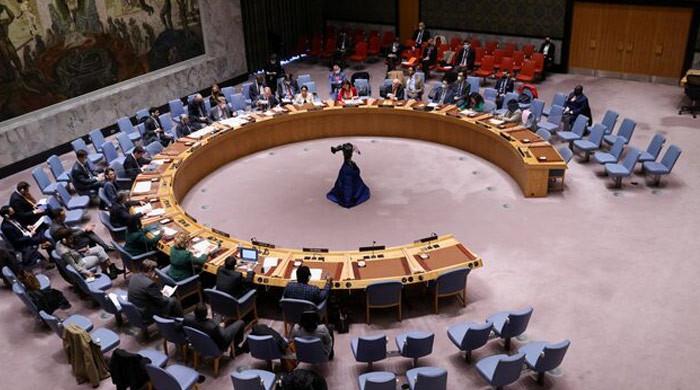'Brown girls have grown up': Saira Khan shares Kishwar Naheed's poem after getting threats
Saira Khan speaks of violence against women, as well as how her voice and independence 'is a direct threat to the patriarchy'
February 12, 2021

KARACHI: British television personality Saira Khan has shared a poem by Pakistani Urdu poet Kishwar Naheed called "Anticlockwise" after facing intimidation and getting threats for speaking about her views in the United Kingdom.
In an Instagram post, Saira Khan shared the "empowering" poem, the verses of which talk of "chains of domesticity, shame and modesty".
"That even though I cannot walk I can still think," goes one verse from the poem by 81-year-old Naheed. "Your fear of my being free, being alive and able to think might lead you, who knows, into what travails."
The TV presenter's post was accompanied by a long message in which she thanked Baroness Sayeeda Warsi for sharing the poem with her and reaching out in solidarity and support. "Your wise words have given me so much strength," she wrote.
'Without fear, guilt or shame'
Speaking of the threats, she said it was because "[She's] a woman, adding that she "want[s] to live [her] life on [her] terms."
"A woman with a voice, owning her body, financially independent making her own life choices and having independent thought - that is a direct threat to the patriarchy and misogynists.
"Brown girls have grown up. And we are thinking and speaking out on our platforms without fear, guilt or shame," she wrote.
'Cannot be made to fear for our lives'
Khan had earlier this week spoken about her beliefs and upbringing in a column, stating that for women with Muslim names and of Asian heritage, people "make assumptions about us before we even open our mouths". Later, in an Instagram Live, she revealed that she was receiving death threats.
A contributor to the BBC's "Woman's Hour" programme, Khan had also issued a statement describing her experience of receiving threats and, at the same time, being contacted by women "documenting their fears for wanting to live their life how they wish."
"I have a voice. I will do my bit. We cannot sweep these matters under the carpet. We cannot be made to fear for our lives for wanting to help create a fairer and equal world for all," she wrote.









